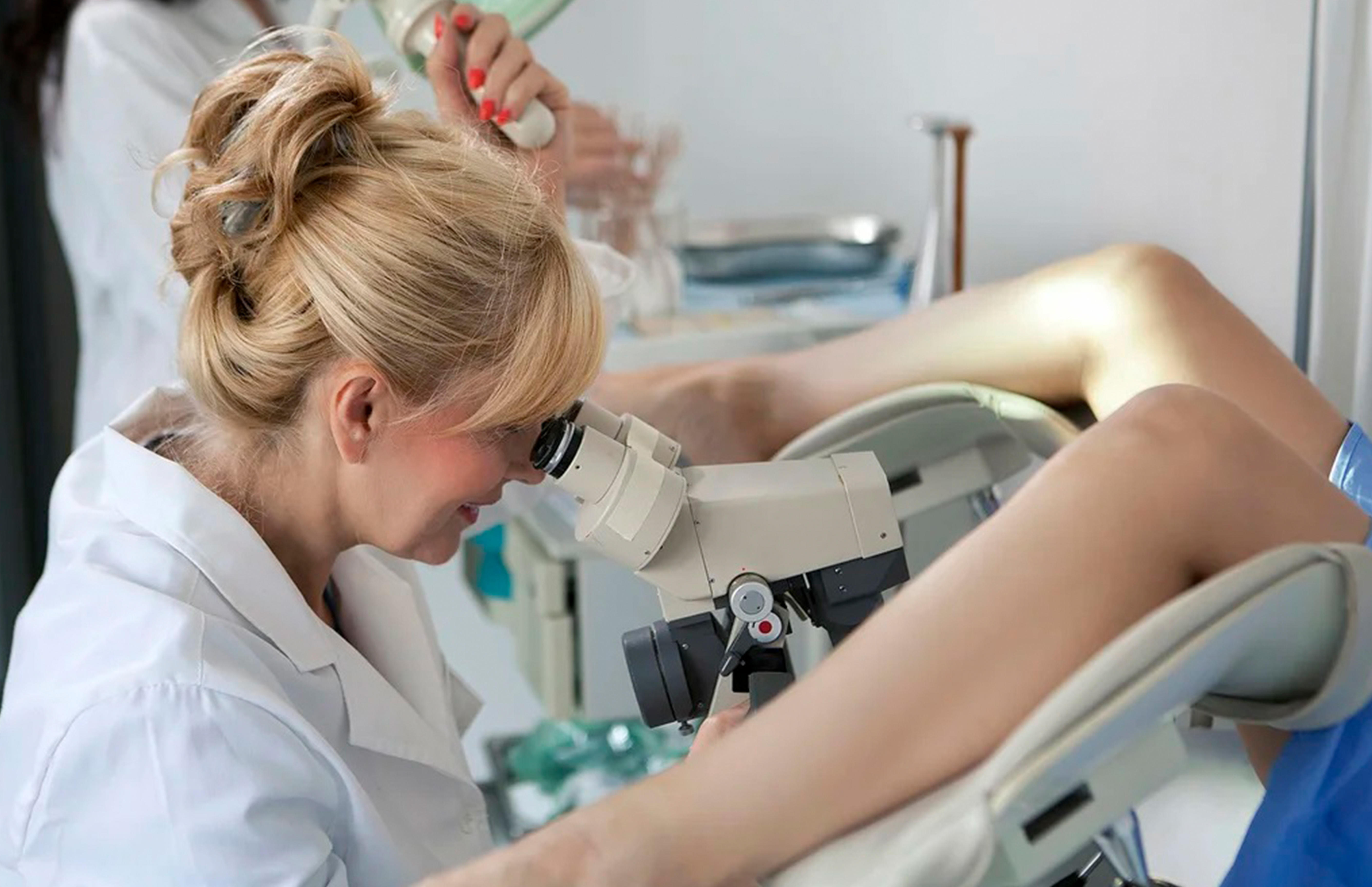Menopause is a natural biological process that marks the end of a woman's reproductive years. It occurs when the ovaries gradually stop producing estrogen and progesterone, the primary female hormones.General Gynecology In Riyadh, as in other parts of the world, menopause typically occurs between the ages of 45 and 55, although it can happen earlier or later.

Hormonal Changes During Menopause
The decline in estrogen and progesterone levels during menopause can lead to a range of physical and emotional symptoms. These include:
- Hot flashes: Sudden feelings of heat, often accompanied by sweating, chills, and palpitations.
- Night sweats: Similar to hot flashes, but occurring at night, disrupting sleep.
- Vaginal dryness: Decreased estrogen production can cause vaginal dryness, discomfort during intercourse, and increased risk of urinary tract infections.
- Mood swings: Changes in hormone levels can affect mood, leading to irritability, anxiety, and depression.
- Sleep disturbances: Hot flashes, night sweats, and mood changes can disrupt sleep patterns.
- Bone loss: Estrogen plays a crucial role in bone health. Decreased estrogen levels can increase the risk of osteoporosis.
- Weight gain: Changes in metabolism during menopause can contribute to weight gain.
Managing Menopause Symptoms in Riyadh
There are several strategies for managing menopause symptoms in Riyadh:
- Lifestyle modifications: Maintaining a healthy lifestyle, including regular exercise, a balanced diet, and stress management techniques, can help alleviate menopausal symptoms.
- Hormone replacement therapy (HRT): HRT involves taking hormones, such as estrogen and progesterone, to replace those that are declining. It can effectively relieve hot flashes, night sweats, and vaginal dryness. However, HRT carries potential risks and should be discussed with a doctor to determine if it's appropriate.
- Non-hormonal medications: Certain medications can help manage hot flashes and other menopausal symptoms.
- Complementary and alternative therapies: Some women find relief from menopausal symptoms through complementary therapies such as acupuncture, yoga, and herbal remedies. However, it's important to discuss these with a doctor before trying them.
Seeking Professional Guidance in Riyadh
Women in Riyadh experiencing menopausal symptoms should consult with a qualified gynecologist. A doctor can assess individual symptoms, discuss treatment options, and provide personalized guidance for managing menopause.
Conclusion
Menopause is a natural transition in a woman's life. Understanding the hormonal changes associated with menopause and seeking appropriate medical guidance can help women in Riyadh navigate this phase with greater ease and maintain their overall health and well-being.




Comments